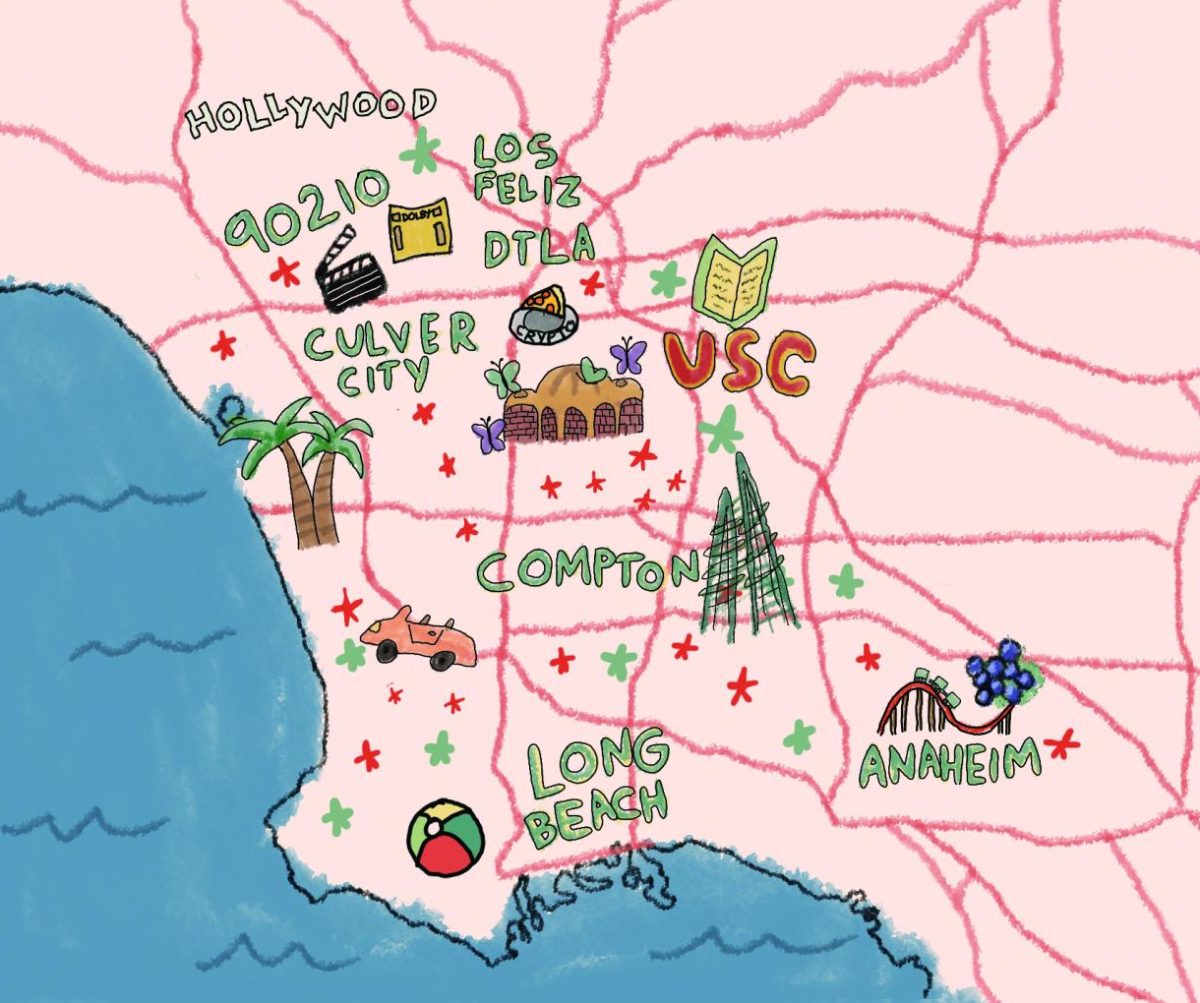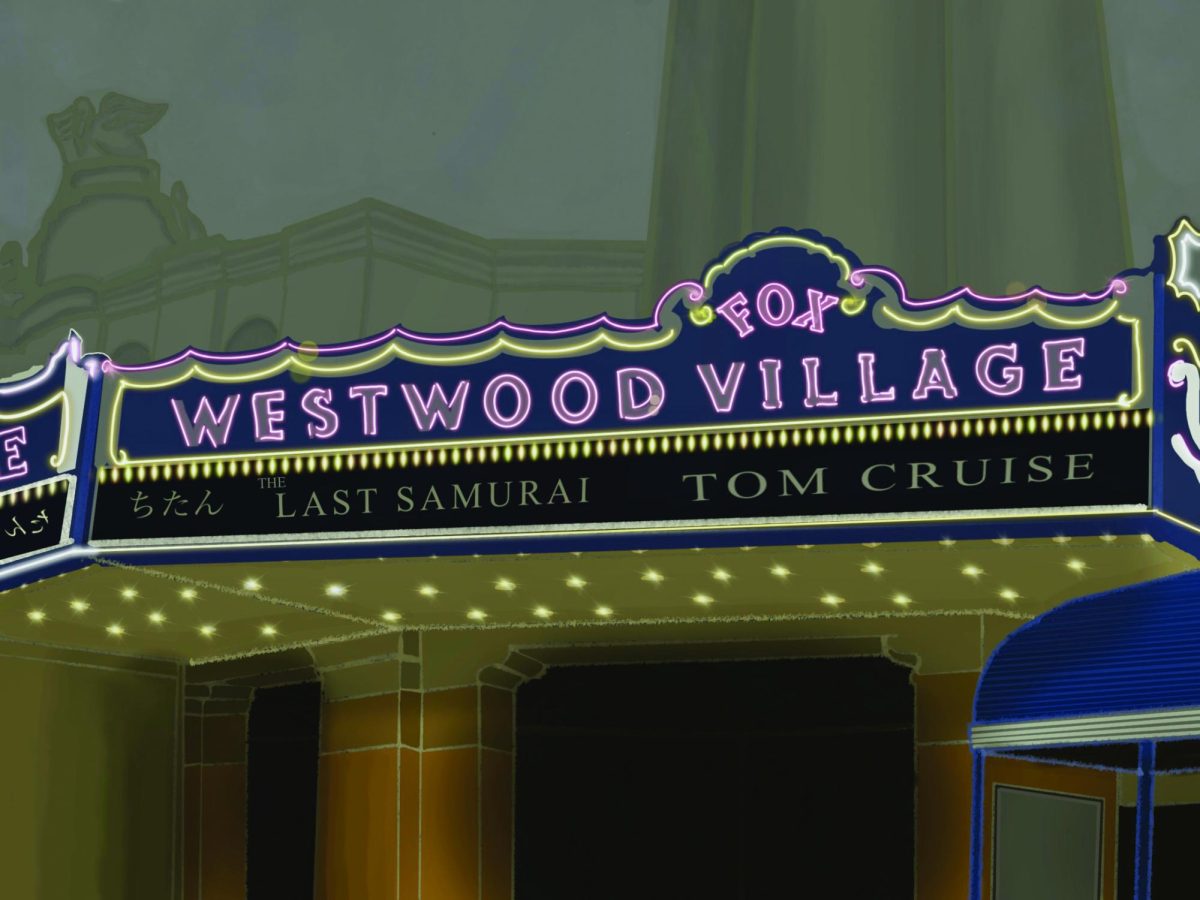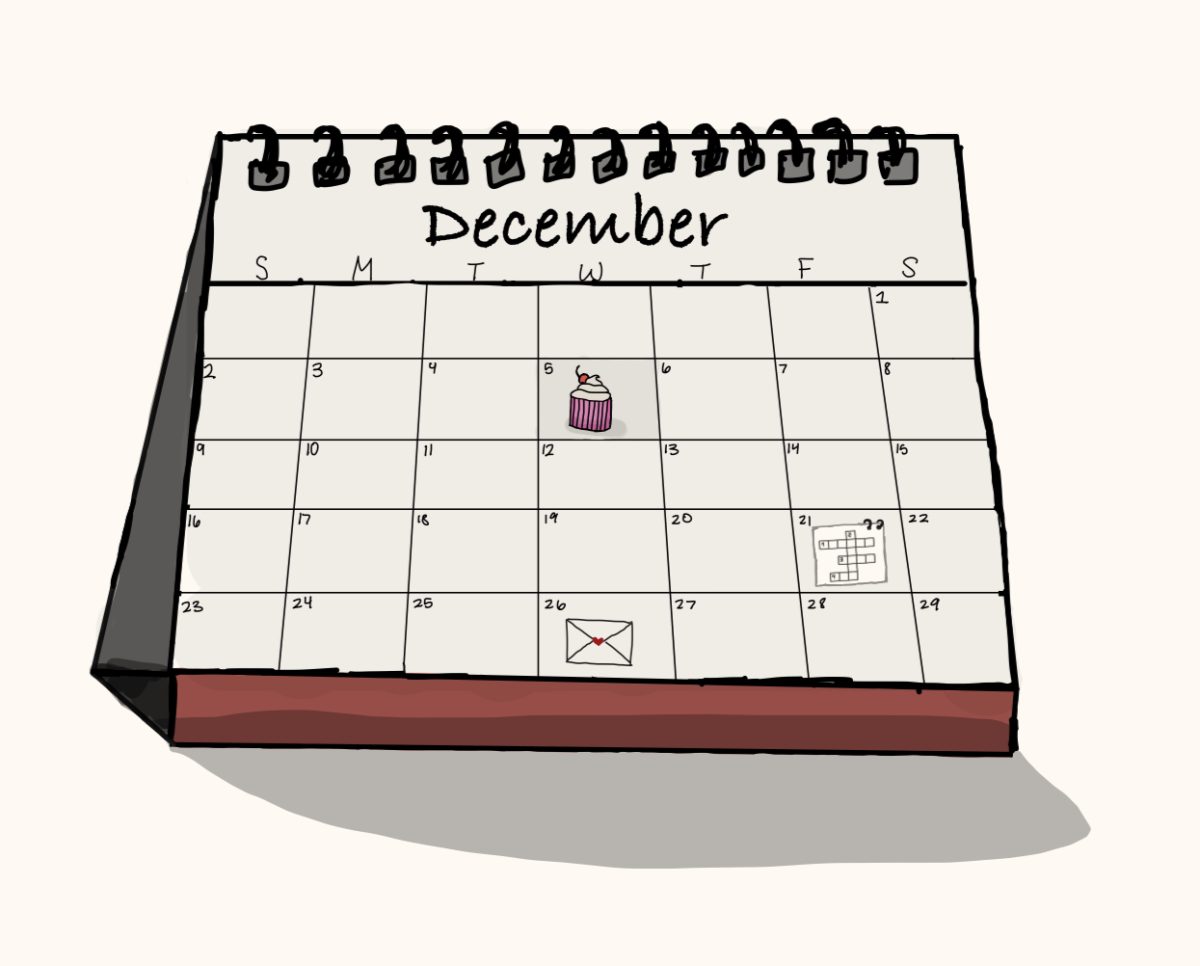Every spring, Marlborough girls embark on the task of enrolling in classes for the next school year, a distant idea beyond the more present monuments of final exams and summer break. While most students have an idea of the core curriculum classes they hope to take due to guidance from teachers and experience in past classes, the prospect of choosing electives to fill in the holes of next year’s schedule often proves to be more daunting due to the plethora of options. Electives offer a unique opportunity for both students and teachers to participate in a class that both speaks to their passions and allows them to explore new areas of study.
Assistant Head of School and Head of Upper School Laura Hotchkiss ’86 is currently studying enrollment numbers in elective courses to determine which courses will run and when. She cited coding as the biggest area of growth as the School’s program expands to encompass the middle school and adds to their upper school program, begun last year.
Both students and faculty play a role in the development of new electives, as Hotchkiss looks to their ideas and interests to fashion new classes.
“It goes both ways. Sometimes students will bring ideas to teachers or to me; sometimes teachers will bring ideas to me,” Hotchkiss explained.
The School’s main goal is to utilize electives to target the Strategic Plan, which focuses on global initiatives and leadership initiatives. History and social sciences instructor Catherine Atwell hopes to offer an elective on food and culture next year that will explore the cuisines of cultures around the world.
“I was trying to think about what kind of a topic would, first of all, appeal to Marlborough girls, and food is always right up there, and the second thing was what kind of a topic would lend itself well to interdisciplinary inquiry and collaboration between different faculty and different departments,” Atwell said. “It allows us to continue to work on globalizing the curriculum, which is a priority. Food is an issue that is an integral part of culture not only here in the United States, but all over the world. It’s an entry into looking at other places.”
While the class remains amorphous as of now as Atwell waits to hear enrollment numbers and course length, she has begun research and planning to give the course structure. She will be visiting Cairo, Egypt, for five weeks this summer on a Fulbright, and she stated her intent to gather information to incorporate into the class. Because she will be there during the Muslim holiday of Ramadan, Atwell will have a hands-on opportunity to learn more about this tradition.
“There will be fasting and special meals, and it’s a good way of looking at how religion and culture is intertwined and the role food plays in the communities,” Atwell expressed.
The science department is offering just four electives: oceanography, astronomy, pharmacology and an earth science choice. Prospects in the arts department include an improv class that will not require prerequisites, so girls who have never participated the performing arts will have a chance to explore their interest.
“What’s exciting about electives is that you really have an opportunity to study something in depth that is probably a real passion and interest of a teacher,” Hotchkiss enthused.



